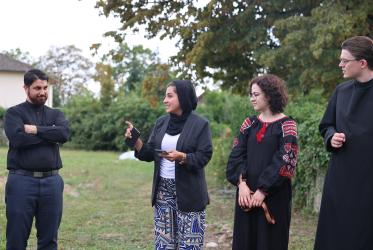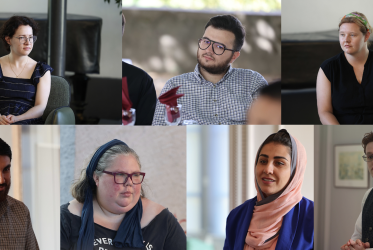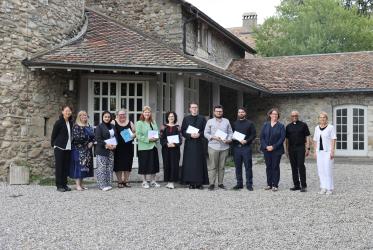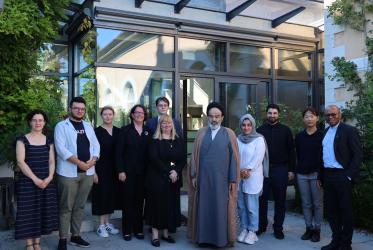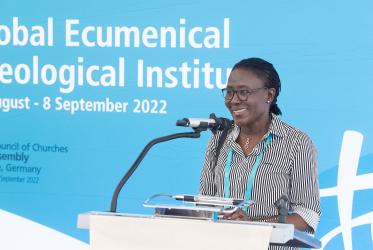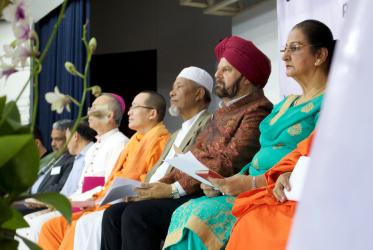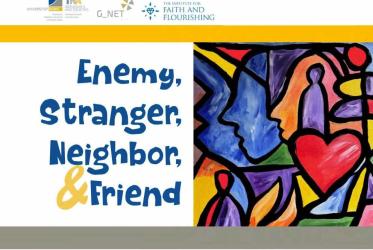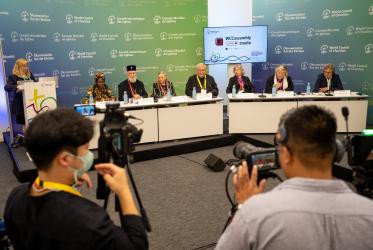Displaying 1 - 20 of 371
Bossey interfaith summer course
08 July - 17 August 2024
Applications open for Bossey interfaith summer course
11 January 2024
WCC mourns the death of Julio de Santa Ana
20 April 2023
WCC interreligious journal focuses on “healing wounded memories”
16 February 2023
Seek Peace and Pursue It: PJP Series 4
Reflections on the Pilgrimage of Justice and Peace in Europe
22 August 2022


